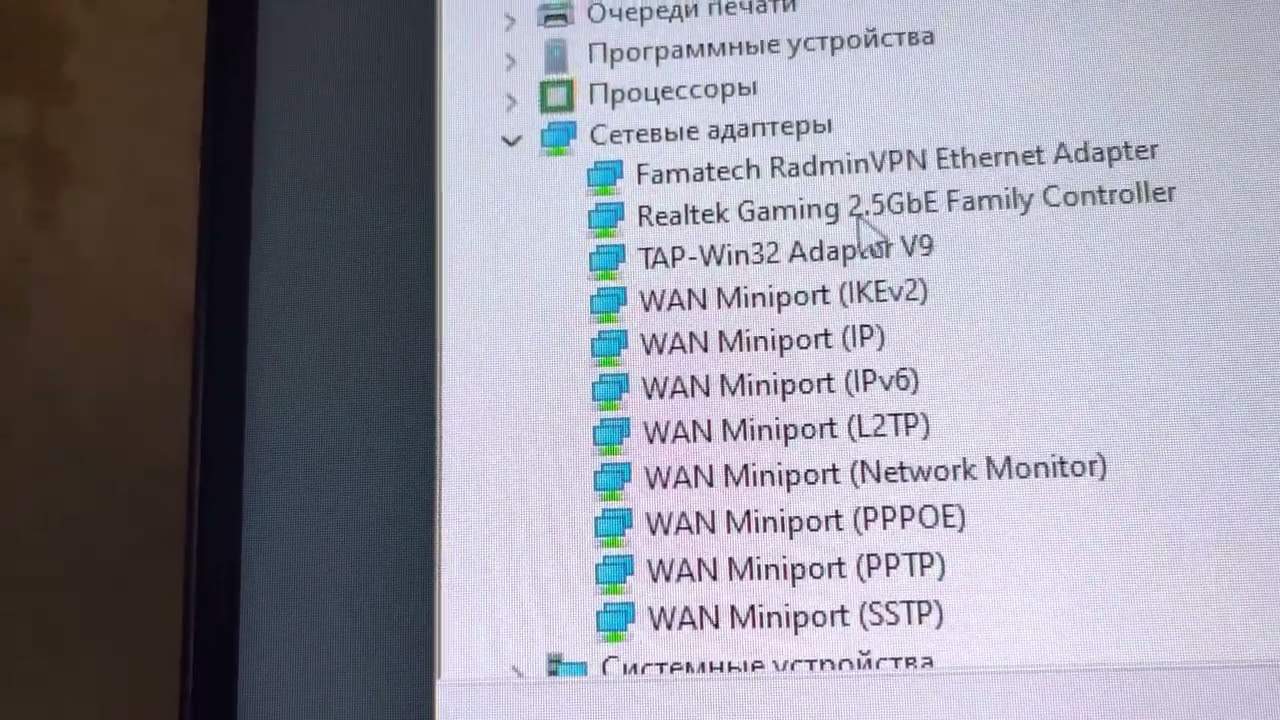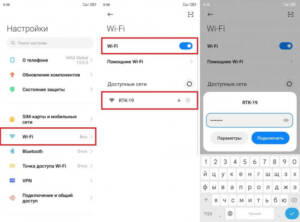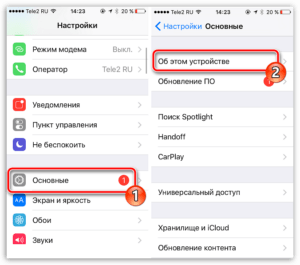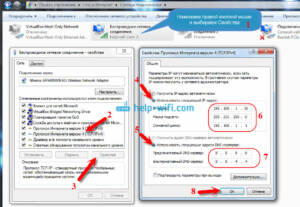Having your internet connection disconnected can be a frustrating experience, especially if you depend on it for work or entertainment. But don’t despair if your connection is interrupted. In this article, we’ll look at the reasons why your internet might not be working and how to fix the problem. One common reason for your internet connection to be disconnected is a problem with your internet service provider. Check to see if you have any outstanding internet bills or if there is a problem with your internet service provider’s network. If so, contact your provider and clarify the information. Another reason for your internet connection to be disconnected is problems with your Wi-Fi connection. If you are using Wi-Fi, check to see if your computer is connected to the correct network and enter the correct password if required. If everything is set up correctly, try rebooting your router and your computer. It’s also possible that your internet problem is caused by a virus or other program that is blocking access to the network. In this case, try running antivirus software and performing a system scan. Finally, if none of the above helps, you can seek help from a professional. They will be able to more accurately determine the cause of the problem and offer a solution. In any case, don’t panic if your connection is interrupted. Follow the simple steps above and you’ll be back to work or online entertainment in no time. The Internet is an integral part of our lives. We use it for work, communication, entertainment, and more. But like any technology, the Internet can sometimes fail. In this article, we’ll look at some of the reasons why the Internet might stop working and how to prevent them.
Problems with the Internet can be caused by various reasons, including problems with the Internet provider, hardware problems, viruses and other unpleasant situations. However, there are several ways to solve these problems and return the Internet to its place.
The first step is to check your equipment, including your modem, router, and computer. Make sure all cables are properly connected and the equipment is operating normally. If this doesn't help, try rebooting your hardware.
If these methods do not help, there may be a problem with your Internet provider. Contact him and find out if there are any problems in your area. You can also check the status of your Internet connection on your provider's website.
If none of these methods help, your computer may be infected with a virus. Install antivirus software and run a full scan of your computer.
In conclusion, internet problems can be caused by various reasons, but there are several ways to solve these problems. Check your equipment, contact your Internet provider and make sure your computer is protected from viruses. By following these tips, you can quickly restore your Internet connection and enjoy its benefits.
If you are faced with the fact that the Internet does not work on some devices, do not panic. Perhaps the problem is not with the provider, but with the settings of the devices themselves.
The first step is to check if you are connected to a Wi-Fi network. If it is, then there may be a problem with the firewall or antivirus software settings on the device.
You should also make sure that there are no applications installed on your device that could block access to the Internet.
If all of the above does not help, then you should contact your provider. Perhaps the problem lies in the connection itself.
Do not forget that rebooting the device and router can solve the problem with the Internet.
In any case, do not despair and scold the provider. After all, the problem can be solved on its own. What options does the provider have for solving Internet problems?
If you have problems with the Internet, the first thing you should do is contact your ISP. He can offer several options for solving the problem.
1. Reboot the equipment. If you have a router or modem installed at home, try turning it off for 10-15 seconds and then turning it back on.
2. Check the connection. Make sure all cables are connected correctly and securely. Check the cable for damage.
3. Update drivers. If you are using a Wi-Fi adapter, make sure you have the latest drivers installed.
4. Check for debt. If you have arrears in paying for the services of your provider, the Internet may be turned off.
5. Contact your provider's support service. If you cannot solve the problem yourself, contact your provider's support team. They may offer other solutions to the problem.
Do not forget that the provider can only be responsible for the quality of its services and equipment. If the problem is caused by a malfunction of your computer or other devices, then the provider is not obliged to solve it.
Read further:






